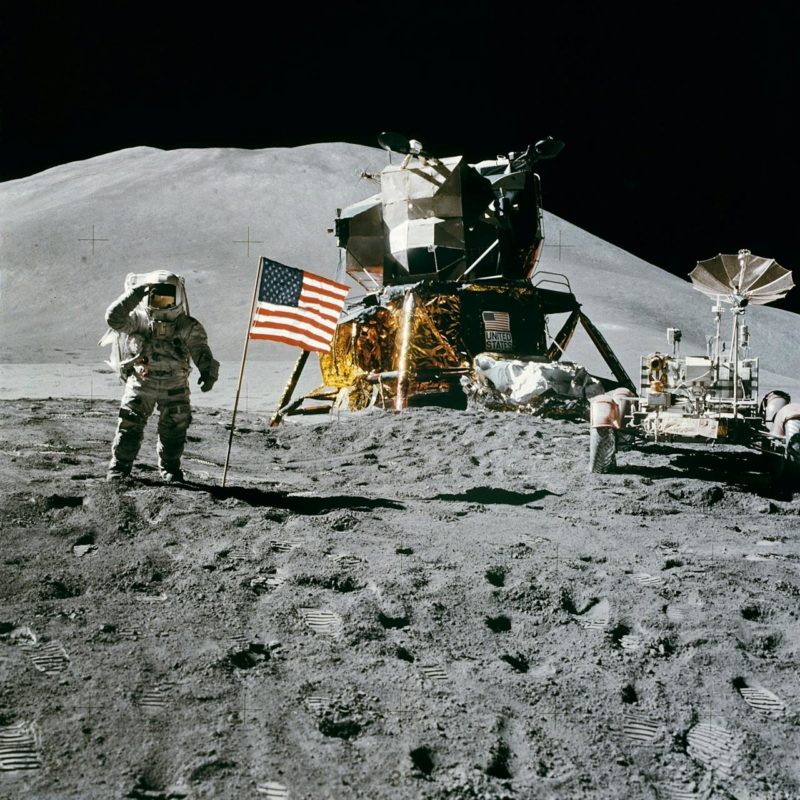Who Owns the Moon? The Legal Battle Over Lunar Resources

As humanity’s cosmic ambitions reignite, the Moon has transformed from a distant celestial body to a potential economic frontier. The renewed interest in lunar exploration isn’t just about scientific discovery; it is about resources, strategic positioning, and the tantalizing prospect of extraterrestrial mining.
The Outer Space Treaty and Its Implications
What is the Outer Space Treaty (OST)?
Signed in 1967, the Outer Space Treaty represents the first comprehensive international framework for space exploration. Its core principles are revolutionary: no nation can claim sovereignty over celestial bodies, space must be used for peaceful purposes, and all countries have free access to explore outer space.
Does the OST Prevent Lunar Ownership?
While the treaty explicitly prohibits national territorial claims, it creates a fascinating legal gray area for private enterprises. The absence of clear language about resource extraction has sparked intense debate among legal experts and space entrepreneurs.
The Moon Agreement: A Forgotten Framework?
What Does the Moon Agreement Say?
Adopted by the United Nations in 1979, the Moon Agreement boldly declares lunar resources as the “common heritage of mankind”. This principle suggests that any economic benefits should be shared globally, not monopolized by individual nations or corporations.
The Moon Agreement Was Rejected By Major Space Nations
Critically, space powerhouses like the United States, Russia and China never ratified the moon agreement. Their resistance stems from concern about global resource sharing potentially stifling technological innovation and national space programs.
Private Companies and the Space Resource Gold Rush
The Role of SpaceX, Blue Origin, and Other Private Players
Technological advancements have transformed lunar exploration from government-led missions to a potential corporate playground. Companies are developing sophisticated technologies for resource extraction, seeing the Moon not just as a scientific target but as an economic opportunity.
National Law Supporting Lunar Mining
Interestingly, some countries have proactively created legal frameworks to support lunar resource exploitation. The U.S. Commercial Space Launch Competitiveness Act of 2015 and Luxembourg’s Space Resources Law of 2017 signal a growing acceptance of private lunar economic activities.
Legal and Ethical Challenges of Lunar Resource Exploitation
Who Regulates Lunar Activities?
The current landscape lacks a comprehensive global regulatory mechanism. This regulatory vacuum raises critical concerns about potential space monopolization, resources conflicts, and unequal access to lunar wealth.
The Future of Space Law
Experts are increasingly calling for a new international agreement regarding the laws of space. This agreement must balance economic interest with equitable resource distribution. The emerging Artemis Accords represent a potential framework for collaborative lunar exploration and resource management.
The Path Forward: Navigating Lunar Legalities
The legal battle over lunar ownership is far from settled. As technology advances and economic interest intensifies, international cooperation becomes paramount. The challenge lies in creating a flexible, forward-thinking legal framework that can adapt to rapid technological changes while ensuring fair, peaceful exploration. The moon is becoming humanity’s next economic and scientific frontier. The race is on, but the rules are still being written.
Would you like to receive similar articles by email?





